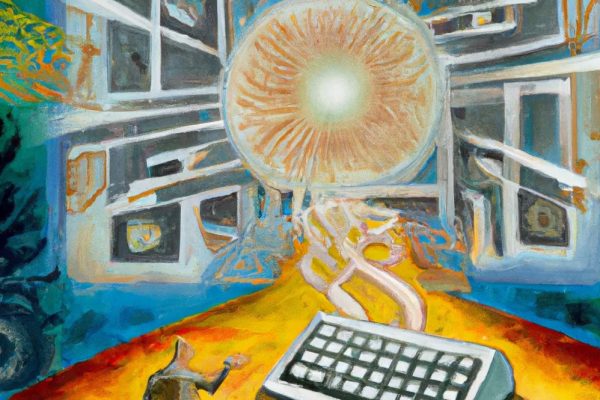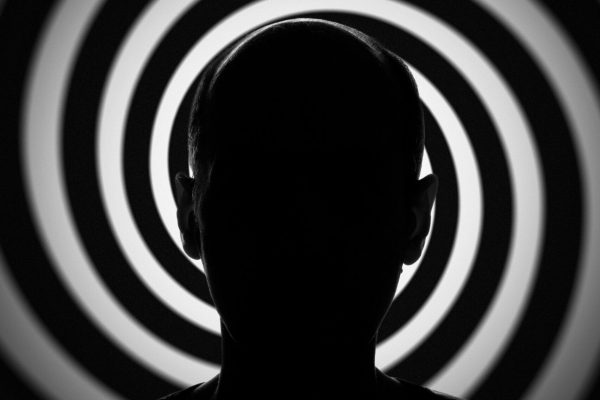Paul Bloom’s polemic against the contemporary cultural love affair with empathy may be something of an overreaction. We have three basic disagreements with him. First, to suggest that empathy or any other evolved psychological mechanism is positive or negative per se is unjustified. Second, while Bloom argues that emotional empathy may become self-destructive, the problem isn’t with empathy. Instead, problems arise as a result of cognitive errors that may follow feeling another’s pain. Finally, Bloom is wrong to suggest that we should use compassion instead as a basis for moral decisions, as if compassion can occur without empathy. Emotional and cognitive empathy come as a package providing the basis of moral emotions and compassionate action.
As Bloom knows, empathy isn’t something we choose; it is wired into the neurobiology of social animals, ourselves included, although there are heritable individual differences in degrees of empathy-proneness. Mirror neurons and the unconscious process of identifying with the actions and feelings of others form the basis of learning and allow social species to live successfully in groups of interdependent individuals. Empathy and the capacity for imitation evolved with proximal and ultimate purposes. The ability to respond with emotional and cognitive empathy is necessary for attachment and caregiving, a fundamental mammalian behavior and cornerstone of altruism. A mother has to employ emotional empathy to identify with the state of her infant and cognitive empathy to assess how to respond.
The ability to respond with emotional and cognitive empathy is necessary for attachment and caregiving.
When empathy becomes a problem, the fault lies in our cognitions—what we think in response to witnessing another’s distress. Our research demonstrates that empathic distress leading to pathological, self- or other- destructive altruism, usually occurs when there is a causal misattribution about the source of others’ suffering. When a witness to misery erroneously believes that he or she caused the distress of another, mistaken actions may follow. When you believe that you caused your sister’s addiction, or that your promotion at work makes your colleague suffer by comparison—when you mistakenly attribute blame to yourself, the outcome is often maladaptive.
Bloom also notes our predilection to empathize with those we love, with members of our in-group, while we lack empathy toward out-group members. This leads to cruel interpersonal behavior and even to wars. He suggests we therefore put empathy aside and instead use compassion. But we can’t feel compassion without first feeling emotional empathy. Indeed compassion is the extension of emotional empathy by means of cognitive processes. Only if we have the capacity to feel empathy toward loved ones can this sentiment be generalized by the imagination and extended to strangers.
David Sloan Wilson, joined recently by E. O. Wilson, provides an evolutionary perspective on this process. They contend that groups with large numbers of cooperators or altruists outcompete groups made up of self-centered people. The empathy we feel toward family members and neighbors is a product of group selection along with inclusive fitness. There are multiple sources of selection; empathy and compassion are products of competition between groups as well as competition within them. We can’t survive without the social group.
Hostility toward out-group members may also be the product of group selection. Early in human evolution, competition between groups was a powerful factor, and groups that extended compassion to out-group members may have perished. With advancing technological changes in our increasingly global society, empathy limited to the in-group has become destructive. Again empathy per se isn’t the problem, and compassion is not the answer. It too may favor the in-group.
In our study of contemplatives from varying traditions we found that religion-based practitioners and those who meditate in order to help others demonstrate significantly higher levels of compassionate altruism directed toward strangers. This suggests that empathic responses and compassion aimed at those who differ may be explicitly taught and modified by cognitive experience. Buddhist mind-training presents a model of deliberately expanding empathy and compassion to all living beings. This is not necessarily easy; it may take years of practice.
The wiring for empathic reactions that allow us to form attachments is the foundation of compassion extended to both in- and out-group members. The cognitions that follow empathic reactions determine the outcome. Emotional empathy followed by accurate explanations of causation and pro-social behavior extended to all living populations promotes wise action on personal and societal levels.








